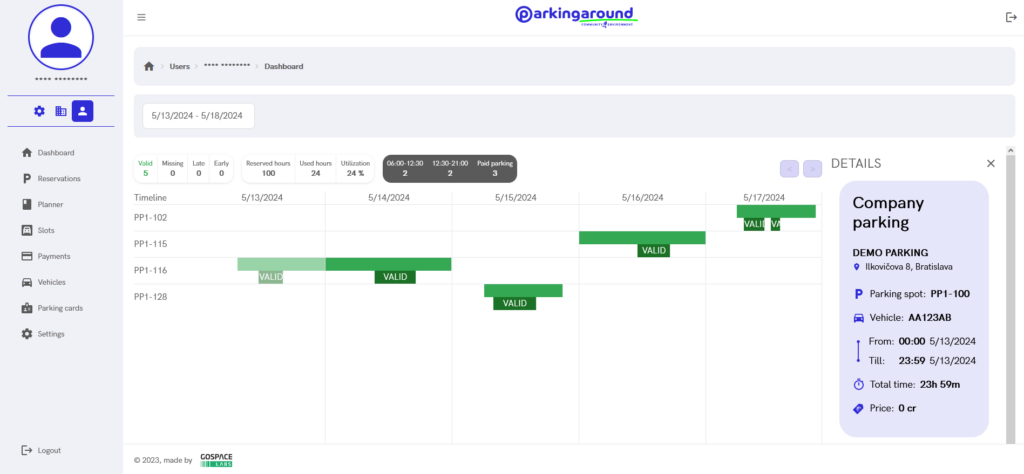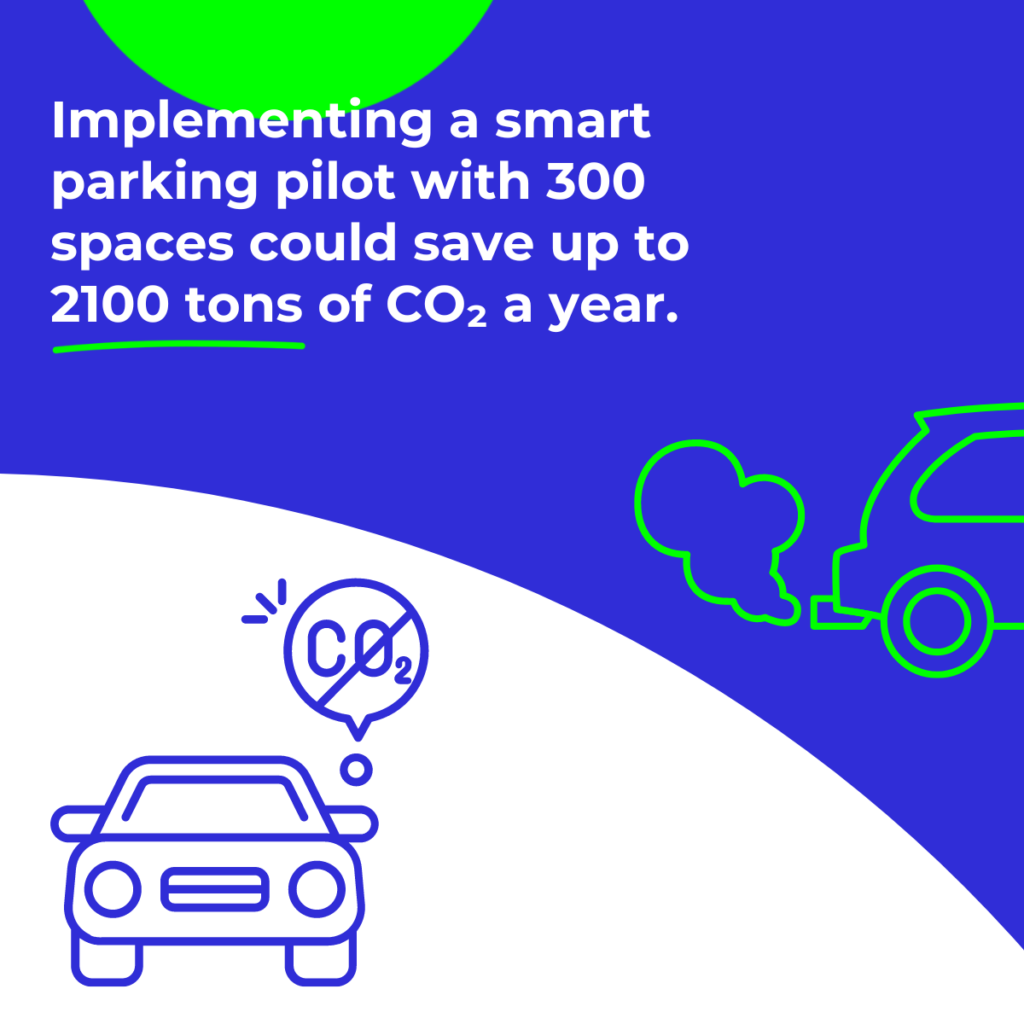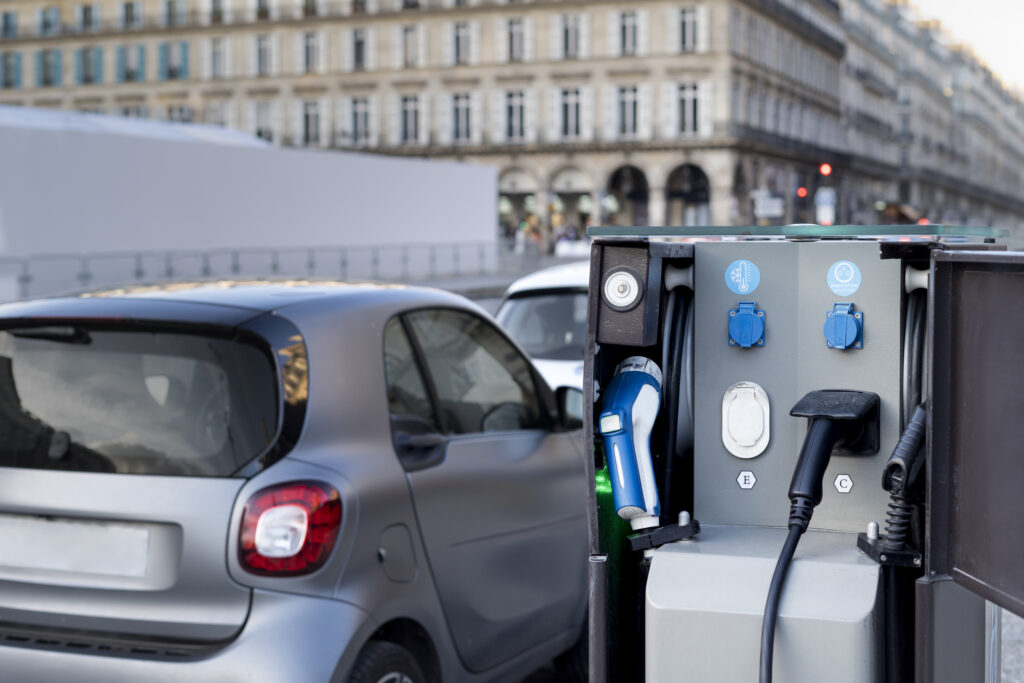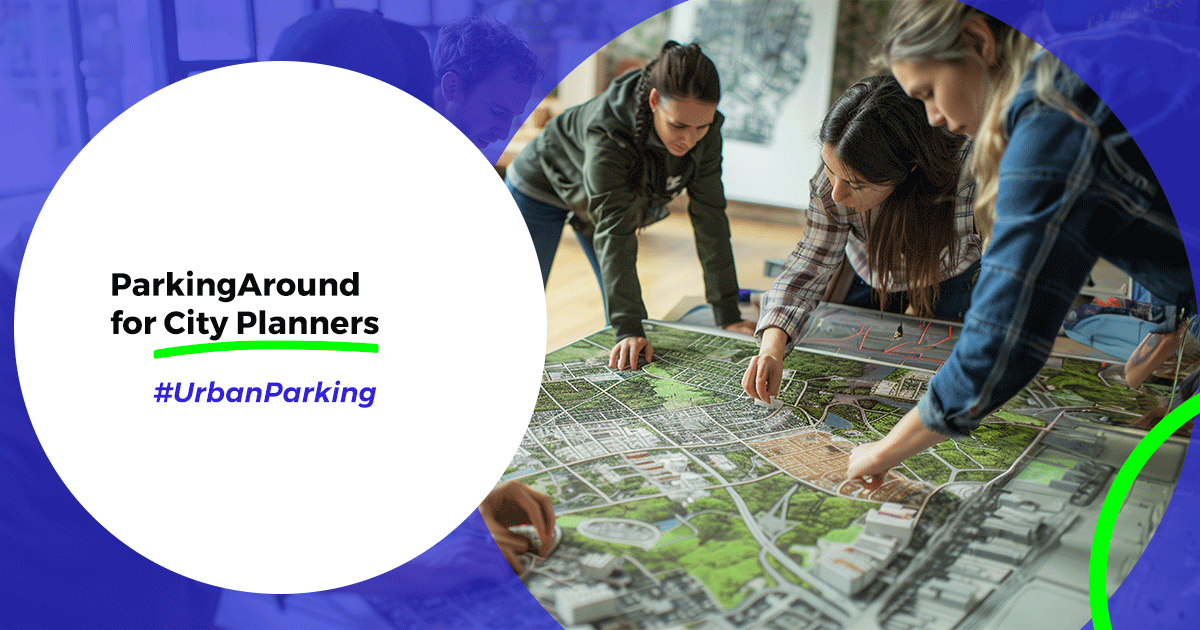What do Barcelona, Singapore, New York City, London, and Paris have in common? These iconic cities have all embraced a revolutionary solution to one of the most persistent urban challenges: parking. By implementing smart shared parking systems powered by IoT (Internet of Things) sensors, these cities are setting new standards for efficient, sustainable, and stress-free urban mobility.
In this article, we explore why smart shared parking solutions are the best option for modern cities, offering transformative benefits such as reduced congestion, less driver stress, maximized parking potential, and more.
The Smart Parking Revolution
The increasing urbanization is driving the demand for efficient parking solutions, as drivers can spend up to 20 minutes searching for a parking spot. Forecasts indicate that by 2050, up to 80% of the global population will reside in cities, a significant rise from the present 55%. (1)
Efficient Space Utilization
One of the most significant advantages of smart shared parking systems is their ability to optimize the use of existing parking spaces. Traditional parking management often leads to underutilized spaces, as drivers spend considerable time searching for available spots, causing unnecessary congestion. IoT sensors provide real-time data on parking availability, allowing drivers to quickly locate open spots via mobile apps or digital displays. This efficient space utilization ensures that every parking spot is used to its full potential, reducing the need for constructing additional parking facilities.
Data-Driven Decision-Making
One of the most transformative aspects of smart parking solutions is the wealth of data they generate. City planners can leverage this data to make informed decisions about urban mobility, infrastructure investments, and policy changes. By analyzing patterns in parking utilization, peak times, and congestion areas, cities can develop targeted strategies to improve traffic flow, enhance public transportation, and optimize urban planning. Data-driven decision-making empowers cities to be proactive rather than reactive in addressing urban challenges.

Revenue Generation
Smart parking solutions also present a lucrative opportunity for cities to generate additional revenue. By implementing dynamic pricing models, cities can adjust parking fees based on demand, time of day, or special events. This not only helps manage parking demand but also creates a steady revenue stream that can be reinvested into urban infrastructure and services. Additionally, fines for parking violations can be more efficiently enforced through automated monitoring, further boosting city revenues.
Reduced Traffic Congestion
Traffic congestion is a pervasive issue in urban areas, contributing to increased travel times, driver frustration, and higher emissions. Smart parking systems alleviate congestion by guiding drivers directly to available parking spots, reducing the time spent circling streets in search of parking. This streamlined process decreases the volume of vehicles on the road, leading to smoother traffic flow and less gridlock.
Reduced Carbon Emissions
Environmental sustainability is a critical consideration for city planners. Smart shared parking systems contribute to lower carbon emissions by minimizing the time and fuel wasted during the search for parking. Fewer cars idling or circling for parking translates to a significant reduction in greenhouse gas emissions, aligning with cities’ goals to combat climate change and promote cleaner air.

Enhanced Safety
Parking-related accidents and crimes are common concerns in urban areas. Smart parking solutions enhance safety by providing better-lit and monitored parking environments. IoT sensors can detect unusual activities, alerting authorities to potential issues in real time. This increased security not only protects drivers and their vehicles but also deters criminal activities, making urban areas safer for everyone.
Efficient EV Infrastructure
As electric vehicles (EVs) become more prevalent, cities need to accommodate their charging requirements. Smart parking systems can integrate EV charging stations, ensuring that drivers can easily locate available charging spots. This integration supports the adoption of electric vehicles by addressing one of the primary concerns of EV owners: access to charging infrastructure. Efficient EV infrastructure is essential for promoting sustainable transportation and reducing reliance on fossil fuels.

Learn more about ParkingAround’s solution for shared EV charging infrastructure.
Case Studies: Leading Cities Embracing Smart Parking
According to Tomorrow.City, an organization aiming for sustainable and inclusive urban spaces, introducing intelligent parking systems can cause traffic volumes to tumble by a whopping 8%, gas emissions to plunge by 40%, and distance covered by a car in search of parking to drop by 30%. Moreover, the time spent on parking can be whittled down by 43%.
Smart shared parking solutions do more than offer real-time updates on the availability of parking spots. They amplify operational effectiveness and streamline traffic flow. But more importantly, they are instrumental in helping cities inch closer to their carbon neutrality targets by significantly cutting CO2 emissions.
Barcelona, Spain
Barcelona’s smart parking system utilizes IoT sensors and mobile apps to guide drivers to available parking spots. This system has significantly reduced congestion and pollution by optimizing parking space usage. The city’s commitment to innovation has made it a model for other urban areas looking to implement smart parking solutions. (2)
Singapore
Singapore has developed a sophisticated smart parking system that leverages IoT sensors and data analytics to manage parking spaces efficiently. This system supports the city-state’s broader goals of reducing congestion and promoting sustainable transportation. Singapore’s approach highlights the importance of integrating technology with urban planning to achieve long-term sustainability. (3)

New York City, USA
In New York City, smart parking systems use IoT sensors and mobile apps to streamline the parking process. By providing real-time information on parking availability, the city has reduced congestion and supported its efforts to promote sustainable transportation options. New York City’s experience underscores the potential of smart parking solutions to enhance urban mobility in densely populated areas.
London, UK
London’s implementation of a smart parking system that uses IoT sensors and data analytics has proven effective in managing parking spaces. This system has reduced congestion and supported the city’s sustainability initiatives. London’s example demonstrates the benefits of combining technology with data-driven insights to create more efficient urban environments.

Paris, France
Paris has successfully implemented a smart parking system that relies on IoT sensors and mobile apps to guide drivers to available parking spots. This system has helped reduce congestion and promote sustainable transportation, contributing to the city’s efforts to improve air quality and reduce its carbon footprint. Paris serves as an example of how smart parking solutions can support environmental goals while enhancing urban mobility.
For city planners, mayors, and urban policymakers, investing in smart parking solutions is a strategic move that promises to deliver substantial long-term benefits for both residents and the environment. The future of urban parking is smart, shared, and data-driven, paving the way for more vibrant and sustainable cities.
Sources:

Leave a Reply